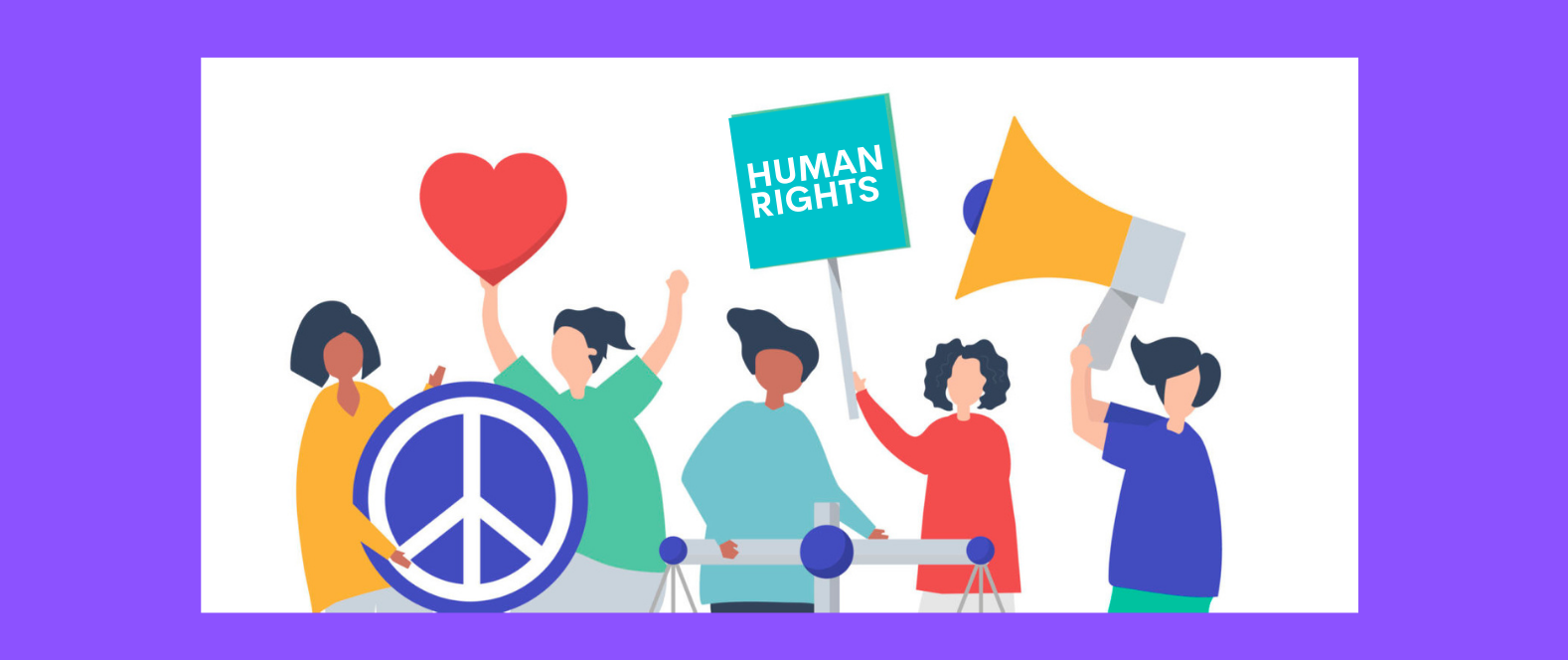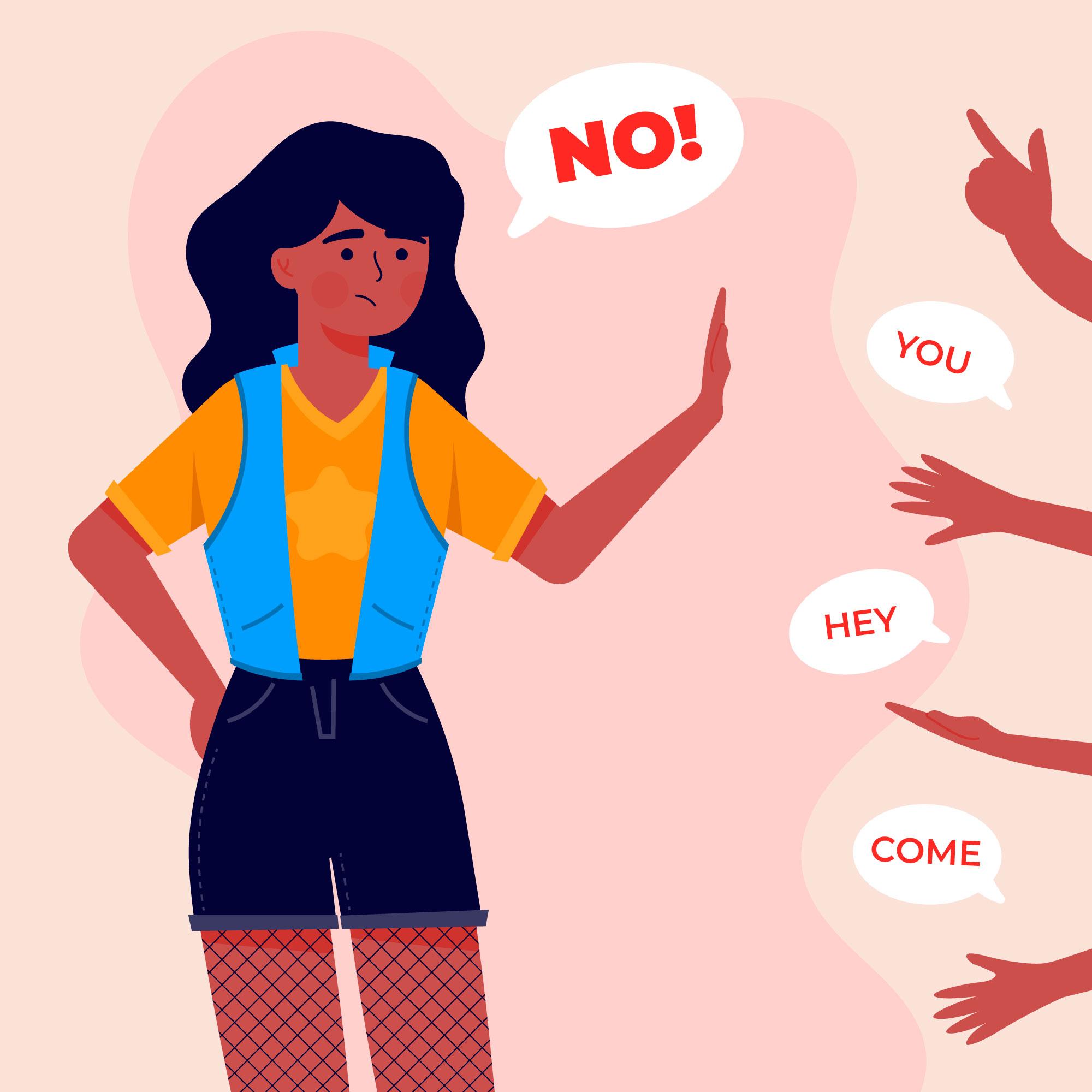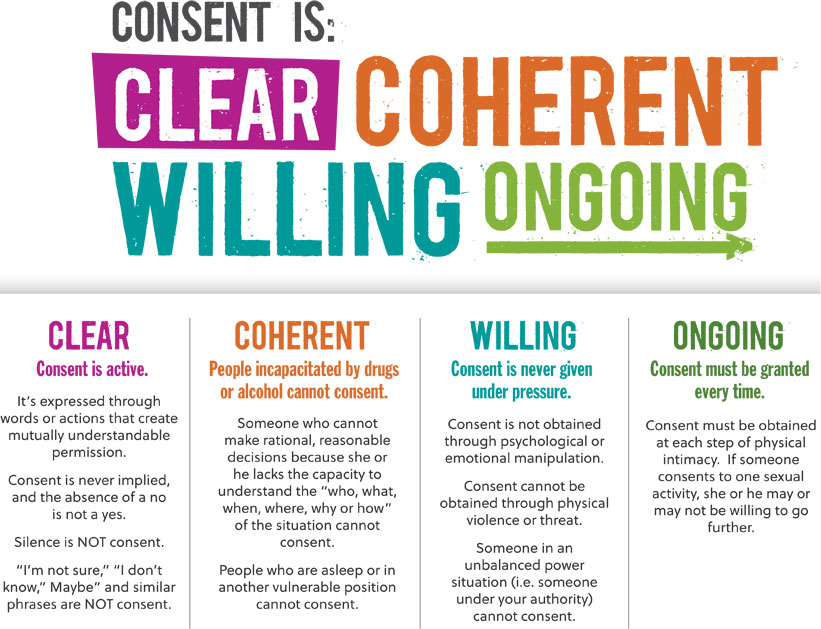
Being an ally means standing in solidarity with a movement, this movement doesn’t have to directly affect your life, in fact you can have absolutely nothing to do with a movement and still be an ally to it. For example, standing in solidarity with the #StopAsianHate movement while not being Asian. It may not be your lived experience but you can understand and empathise with the situation while backing it in whatever ways you can.

Being outside a cause and supporting it holds great power and responsibility. A lot of times, when individuals who are within an oppressed group speak out against their oppression, they aren’t taken as seriously because they’re seen as too emotional and in too deep. Obviously this is a ridiculous reason to discount somebody’s experience but unfortunately it’s what many people do to minimise and dismiss causes. However, when someone who is standing outside that experience perceives it the same way as the person experiencing it, this brings about a level of legitimacy to the general public* which can be very beneficial to a movement.

Here’s a list of do’s and don’ts:
Do: Listen
This is probably the most important part of being a good ally. It’s likely that you’ll never feel what the individuals within the particular cause is feeling so take time to listen and learn.
Do Not: Bring up a cause that impact you
It’s understandable that sometimes when you’re listening to someone speak about injustices against them that you’d want to speak up about the injustices that you face. However, there is a time and place for this so reserve those thoughts for a separate conversation.
Do: Question your own beliefs
In the process of learning about a cause, we can be faced with uncomfortable truths that bring our own prejudices or beliefs to light. Remember that we’re only human and forgive yourself for your mistakes but also consciously change those thoughts and challenge yourself to change the root of those beliefs.
Do: Research on your own
More often than not individuals who are at the forefront of a movement spend so much of their time educating the general public. This can be very emotionally and mentally taxing so do take some time on your own to read up and educate yourself.
Don’t: Assume you know more
Even though doing your own research to lay the foundation of your understanding is imperative to being a good ally, this by no means makes you an expert on the subject. There is immense value to lived experience and be mindful that you’ll never truly be able to understand beyond those who have actually lived it.
Do: Share information
This can be through conversations with friends and family or sharing on social media. It can feel just like a drop in the bucket but every share, every conversation and every acknowledgement of a cause is helpful and valuable so don’t underestimate your power in sharing information.
Don’t: Stay silent when hearing misinformation
Silence = compliance. If you hear someone spreading a false narrative or wrong information, don’t be afraid to speak up. It is important to at least try to rectify some of the ignorant beliefs that people hold, even if they aren’t as receptive to listening, it is important to at least try.

These are just some of the ways in which we can all be good allies to one another. In these challenging times it’s important to recognise and check our privilege while being empathetic to one another because the fact is existing on this earth is just easier for some than others. Let’s all do our part in creating a world where we feel heard and supported in the struggles that we face.
Comment below if you found this helpful or if you have any more do’s and don’ts of being an ally!









 Let’s Get This Straight
Let’s Get This Straight


